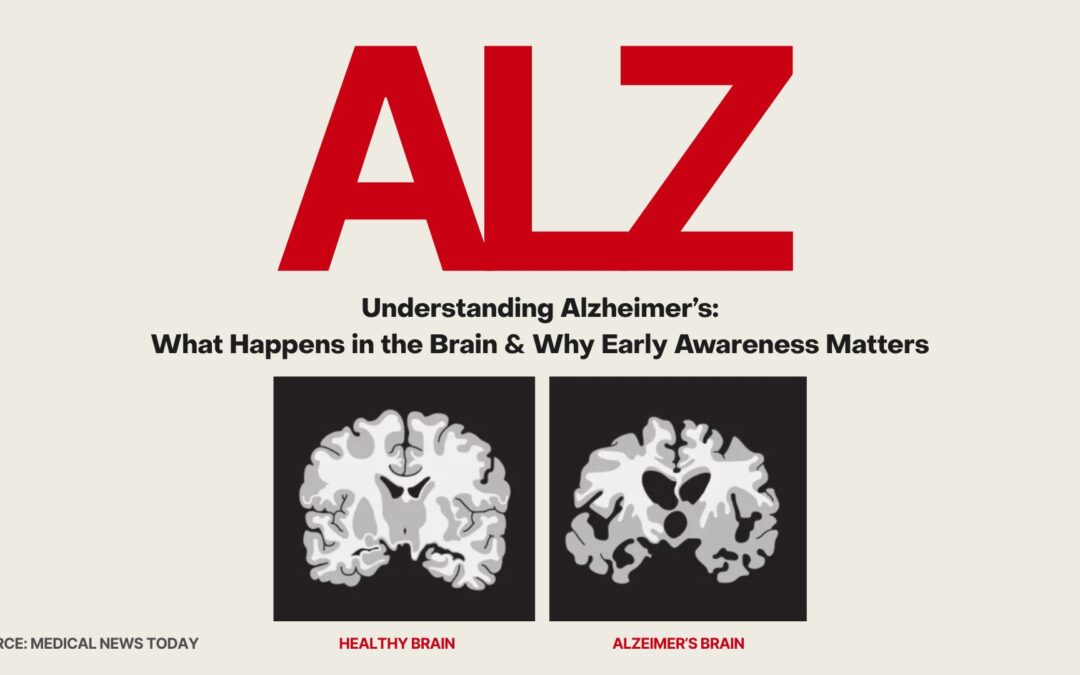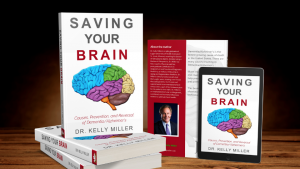Alzheimer’s Health Awareness Month Feature
Alzheimer’s disease is the most common cause of dementia, and while symptoms often emerge later in life, changes in the brain begin years — even decades — before memory loss becomes noticeable. During Alzheimer’s Awareness Month, it’s important to understand what science now reveals about how the brain changes over time and why early intervention may help support healthier cognitive function.
How Alzheimer’s Changes the Brain Over Time
Research shows that the brain can begin undergoing Alzheimer’s-related changes up to 10 years or more before symptoms appear. Over time, the brain gradually shrinks as neurons die and toxic proteins accumulate, especially in the hippocampus, a region critical for memory and thinking.
Amyloid: When a Normal Protein Turns Harmful
Under healthy conditions, the brain processes a protein called amyloid precursor protein (APP). In Alzheimer’s, however, APP breaks down into beta-amyloid, a substance the brain is unable to clear efficiently.
Instead of being removed, beta-amyloid forms sticky clumps between neurons. These clumps disrupt communication, break connections, and eventually lead to neuronal death.
Tau Tangles: The Inside Damage
Another hallmark of Alzheimer’s is the abnormal buildup of tau, a protein normally found inside neurons. In Alzheimer’s, beta-amyloid interacts with tau, causing it to twist into tangles that collapse the internal structure of brain cells.
A 2020 study suggested that tau may be even more directly responsible for brain damage than beta-amyloid, especially based on where it accumulates in the brain.
Inflammation & Impaired Waste Removal
Inflammation naturally increases with age, but in Alzheimer’s it becomes significantly more severe. One reason may be that the brain becomes less effective at clearing toxins. Healthy brains rely on immune cells called microglia to eliminate waste, but in Alzheimer’s their activity is reduced.
The TREM2 gene plays a major role in activating microglia. When TREM2 does not function properly, beta-amyloid plaques build up more rapidly, leading to both inflammation and escalating neuron loss.
Interestingly, some people without Alzheimer’s also show plaques and tangles — and some people with dementia symptoms show none at all — suggesting that multiple factors, not just protein buildup, contribute to the disease.
The Role of Blood Flow in Alzheimer’s
Growing evidence shows that poor cerebral blood flow and vascular disease may increase the risk of dementia. Conditions such as silent strokes or impaired blood vessel function may weaken the brain’s ability to clear toxins, worsening protein accumulation.
Likewise, beta-amyloid itself can damage blood vessels, creating a cycle where reduced blood flow contributes to more protein buildup, and more protein buildup damages circulation further.
Because of this, researchers increasingly view blood flow as a key component in Alzheimer’s progression—and a potential point of intervention.
How Alzheimer’s Differs from Other Forms of Dementia
While Alzheimer’s is the most common type, other dementias affect the brain differently:
- Vascular dementia: often linked to strokes or blood vessel damage
- Frontotemporal dementia: begins in the frontal and temporal lobes, affecting behavior and speech
- Alcohol-related dementia: tied to long-term alcohol misuse
Doctors differentiate these conditions by reviewing symptoms, blood flow patterns, imaging, and cognitive changes.
How Alzheimer’s Affects Function Over Time
Alzheimer’s typically progresses in predictable stages, even though the timeline can vary.
Early-stage symptoms may include:
- Short-term memory problems
- Losing items
- Trouble with word-finding
- Wandering or getting lost
Middle-stage symptoms often include:
- Sleep disturbances
- Confusion about time and place
- Withdrawal or apathy
- Incontinence
- Mood or personality changes
- Hallucinations or delusions
Late-stage symptoms may include:
- Loss of ability to walk or swallow
- Dependence on others for basic care
- Organ complications
- Frequent infections (such as pneumonia)
Ultimately, extensive brain damage results in severe cognitive and physical decline.
Supporting the Brain: A Focus on Circulation, Oxygen, and Light-Based Therapies
While there is currently no cure for Alzheimer’s, innovative programs and brain-based therapies are emerging that focus on supporting brain function, improving circulation, and promoting healthier neural pathways.
One of the key issues seen in Alzheimer’s and dementia patients is reduced cerebral circulation, which directly affects oxygen delivery, detoxification, and neuronal communication.
How Saving Your Brain Approaches Alzheimer’s Support
Saving Your Brain, led by brain health expert Dr. Kelly Miller, offers advanced programs specifically designed to help individuals strengthen cognitive resilience.
A major part of this work includes photobiomodulation (red and infrared light therapy) using Avant lasers. This technology supports the brain by:
- Increasing microcirculation
- Enhancing cellular energy production
- Supporting healthier neural communication
- Reducing inflammation in brain tissue
Dr. Miller’s clinical experience has shown meaningful improvements in memory, cognitive function, mood stability, and neuroplasticity, especially when light therapy is combined with comprehensive brain training protocols.
Many clients who have struggled with early cognitive decline have experienced significant progress under his intensive programs.
Book a Consultation Today
If you or someone you love is beginning to notice memory changes, brain fog, or cognitive decline, early action is essential.
Saving Your Brain offers specialized Alzheimer’s support programs, including advanced laser-based photobiomodulation and brain training intensives that may help improve circulation, function, and cognitive performance.


